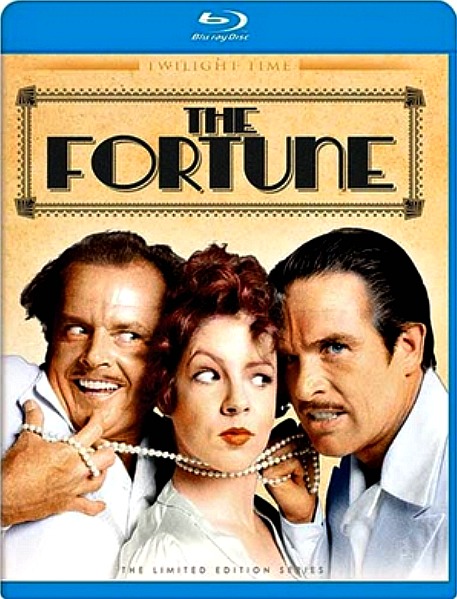Some are truly gifted, and if those in that small, choice fraternity are tenacious and lucky and sometimes scrappy enough, they get to develop their gift and turn what they have inside into works that matter for people of all stripes and philsophies. And then there are those gifted types who are fortunate enough to catch a certain inspiration at the right point in their lives, which turns into a wave that carries and defines their finest work for all time to come. This was how things pretty much went for the late and great Mike Nichols, who passed yesterday from a heart attack.
His film-directing career (which alternated from time to time with directing and producing hit Broadway plays), which was flourishy and satisfying and sometimes connected with the profound, lasted from the mid ’60s to mid aughts. Nichols had a touch and a style that everyone seemed to recognize, a certain mixture of sophisticated urban comedy and general gravitas. His first gusher was Who’s Afraid of Virginia Wolff in 1966, and his last truly excellent film was HBO’s Angels in America. If you add Nichols’ brilliant early ’60s stand-up comedy period with Elaine May he really was Mr. King Shit for the better part of a half-century.
But Nichols’ most profound filmic output lasted for eight or nine years, or roughly ’66 through ’74 or ’75 — a chapter known for a certain stylistic signature mixed with an intense and somewhat tortured psychology that came from his European Jewish roots. Longtime Nichols collaborator Richard Sylbert, whom I knew fairly well from the late ’80s to the early aughts, explained it to me once. Nichols had developed that static, ultra-carefully composed, long-take visual approach that we saw in The Graduate, Catch 22, Carnal Knowledge, Day of the Dolphin and The Fortune, and this signature was, Sylbert believed, what elevated Nichols into the Movie God realm.
And then Nichols suffered a kind of crisis or collapse of the spirit after the double-flop of Dolphin and Fortune, and he withdrew from feature films for eight years, doing little or nothing for a certain period and then focusing on plays for the most part. He rebounded big-time with Silkwood in ’83, but the way he shot and paced that successful, well-reviewed drama showed that the great stylistic signature of his mid ’60s to mid ’70s films was no more. The ever-gifted Nichols never lost his sensitivity or refinement, but the anguished artist phase had ended.
Read more

